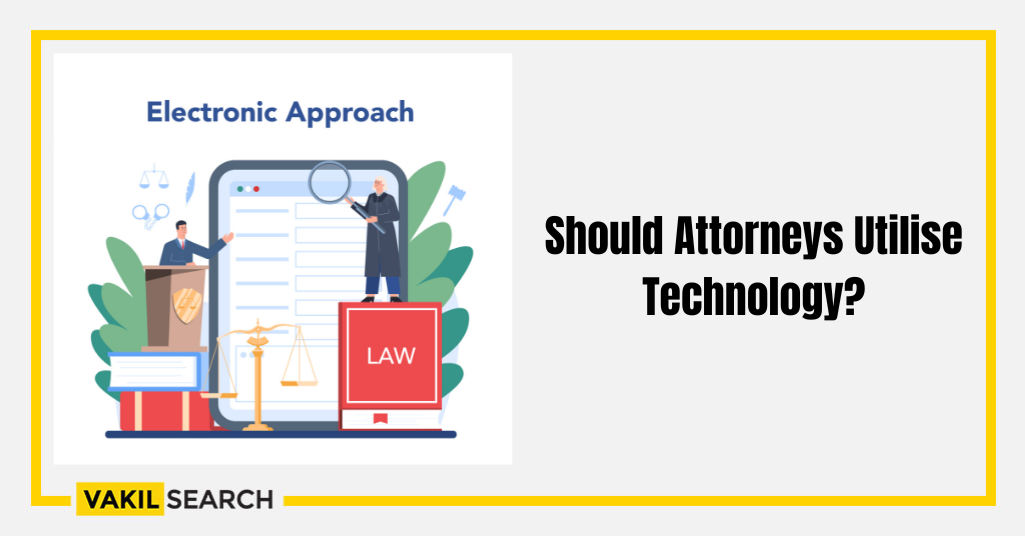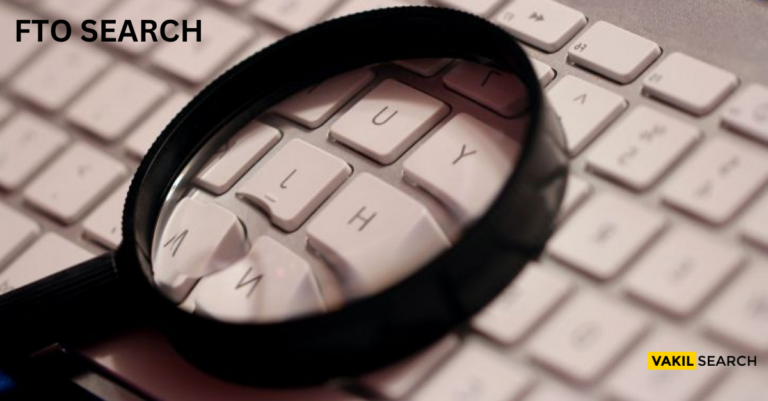Are you a budding lawyer in the legal sphere struggling to make ends meet or manage all your responsibilities? Well, there’s no time like now to consider making the switch to Libra, the legal practice management software of your dreams!
Should Attorneys Utilise Technology? – Introduction
When we talk about the relationship between technology and law, or “lawyers’ technology,” there are always concerns about how it will affect employment. There is no denying that technology both creates and destroys jobs.However, the debate has frequently been skewed toward technological change’s job-killing effects, which are more visible than its positive effects. For instance, though cars replaced horse-drawn carriages and mechanical looms displaced hand-weavers, the advancement in technology was undeniably necessary. In this article, we will explore how Attorneys Utilise Technology across various aspects of their work, including research, document management, communication, and marketing.
Relationship Between Technology and Law
In fact, rejecting technological advancements would mean that we go back to the time of early man, centuries ago, when each person was gainfully “employed” in hunting, gathering, and cooking food. Fortunately, we all know that it is not feasible.Two hundred years of breathtaking innovation since the dawn of the industrial age have resulted in the raising of the living standards of people around the world, including India. Even back then, as jobs were lost in agriculture, new jobs were created in producing machines. In fact, the loss of jobs in redundant sectors itself led to a rise in service sector industries like the legal profession.
This implies that change is inevitable and should be welcomed from a long-term perspective. The rise in intellectual property practice can also only be attributed to technology, innovation, and discoveries that required protection by way of patents, trademarks, etc.From the perspective of law students, the ability to easily access diverse sources of law spread across multiple continents via their mobile phones has made life so much easier. Even within the Indian jurisdiction, a plethora of websites contribute to making cases, precedents, and statutes available outside of a physical library’s normal working hours. Furthermore, the benefits of technology appear to be amplified for practising professionals, litigators, advocates, and corporate professionals.
It is also a good idea to weigh your specific requirements against the services provided by an automated application, and then consider whether it is likely to improve your overall efficiency, turnaround time, and work quality.Below, we look at some of the tools that can drastically reduce the amount of time spent on legal research and legal advice, as well as the number of support staff needed, while also improving intra-firm cooperation.
The Following Are Some of the Ways in Which Lawyers and Technology Work Together
- Virtual Databases for Central Access: This is typically beneficial for firms with multiple offices. Working across offices becomes more systematic as all content related to a case can be uploaded together, making data more integrated. Everyone can track ideas, store legal research and share information with ease with access to a central server or cloud.
- Real-time Case–Listing Updates: There are some applications that make it simple to keep track of legal matters assigned to you by aggregating data from various courts and providing you with access to those cases on your phone in one place.
- Case management applications: As a law firm requires coordination across a range of professionals like solicitors, advocates, and legal researchers, a case management app with viewing rights allotted to everyone makes work easier by ensuring all changes to case documents are saved in real-time. It also aids in the tracking of working hours to ensure that the client is billed accurately.
- Voice to Text Converters are tools obviating the need for stenographers. Stenographers are traditionally trained to sit for long periods of time and take notes in their diaries, then type out the content along with the required formatting. Using voice recognition for this purpose, on the other hand, can help save many hours each day. Rather than waiting for the stenographer, one can easily begin drafting their own legal documents. As this tool is available 24 hours a day, seven days a week, it also reduces the total turnaround time required to complete a document.
The Takeaway
Attorneys Utilise Technology in various aspects of their practice to optimize their workflow, improve efficiency, and provide exceptional legal services to their clients. If the benefits of technology to the legal world intrigue you, you must leverage it. Get in touch with our team of experts to know more about Libra, a one-of-a-kind, user-friendly, legal practise management software that is bound to make your legal profession hassle-free and smooth sailing.
FAQs on Attorneys Utilising Technology
Why should attorneys consider utilising technology in their practice?
To remain competitive, cater to tech-savvy clients, and optimise their practice for efficiency and accuracy.
What specific benefits can technology bring to a law firm or legal practice?
Faster research, data management, case management, reduced human error, and better client communication.
How can technology help attorneys streamline their workflow and increase efficiency?
Digital tools automate repetitive tasks, enable remote work, and provide quicker access to vast legal databases.
Are there any potential drawbacks or risks associated with adopting technology in the legal field?
Risks include cybersecurity threats, data breaches, over-reliance on software, and potential technology malfunctions.
What are some examples of technology tools that can be useful for attorneys?
Legal research platforms, case management software, e-filing systems, and digital contract management tools.
Can technology enhance the client experience and communication between attorneys and clients?
Yes, through secure online portals, video conferencing, and immediate electronic communication, clients can feel more connected and informed.
How does utilising technology impact the overall cost and profitability of a law firm?
While there's an initial investment, in the long run, technology can reduce overheads, increase billable hours, and drive profitability.
Are there any ethical considerations or professional guidelines to follow when using technology as an attorney?
Attorneys must ensure data privacy, maintain client confidentiality, and stay updated with tech-related legal ethics guidelines in India.
What steps should attorneys take to implement technology effectively in their practice?
Assess needs, research available solutions, invest in training, continuously update software, and have a contingency plan for tech failures.
Is it possible for attorneys to strike a balance between traditional legal methods and modern technology integration?
Absolutely! Combining technology with traditional practices allows lawyers to leverage the best of both worlds, enhancing their practice while preserving core legal methodologies.
Read More:










